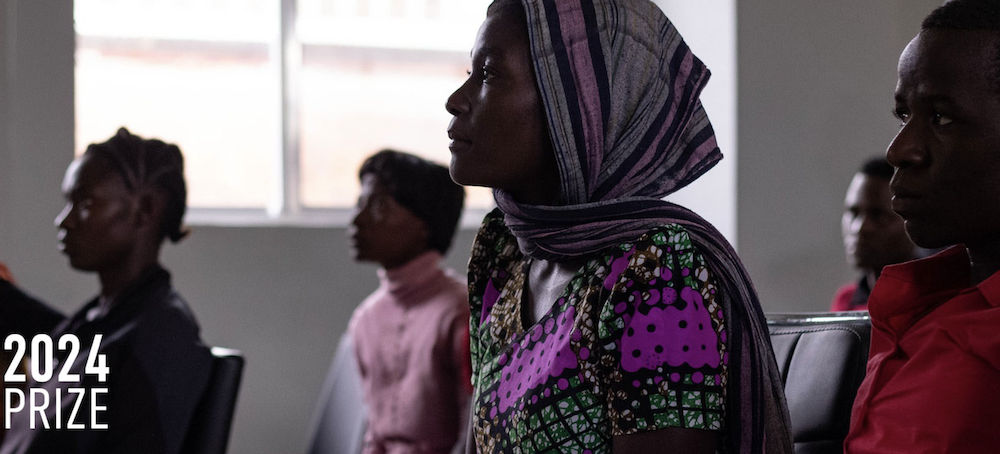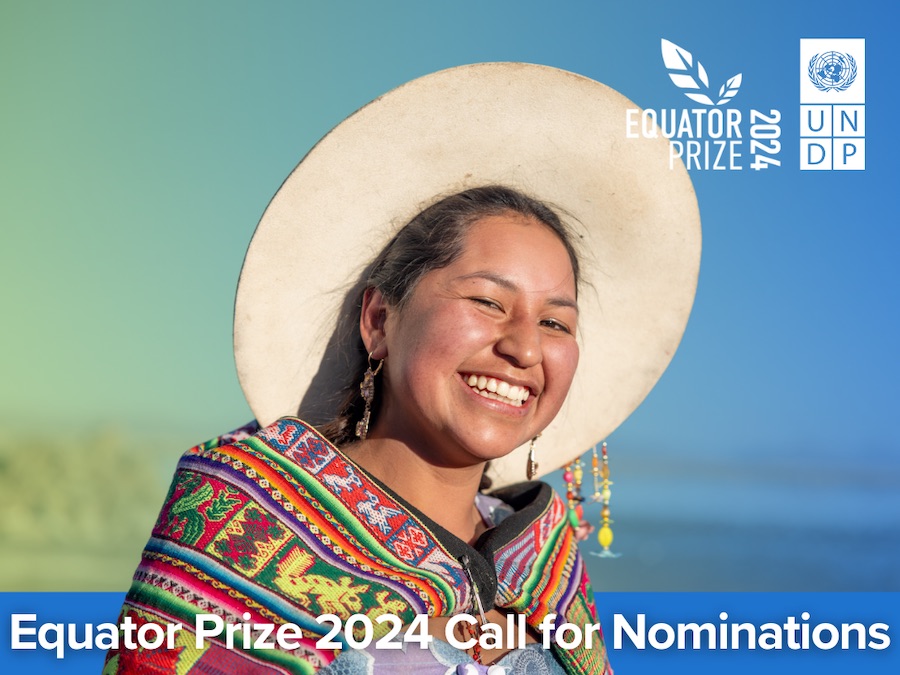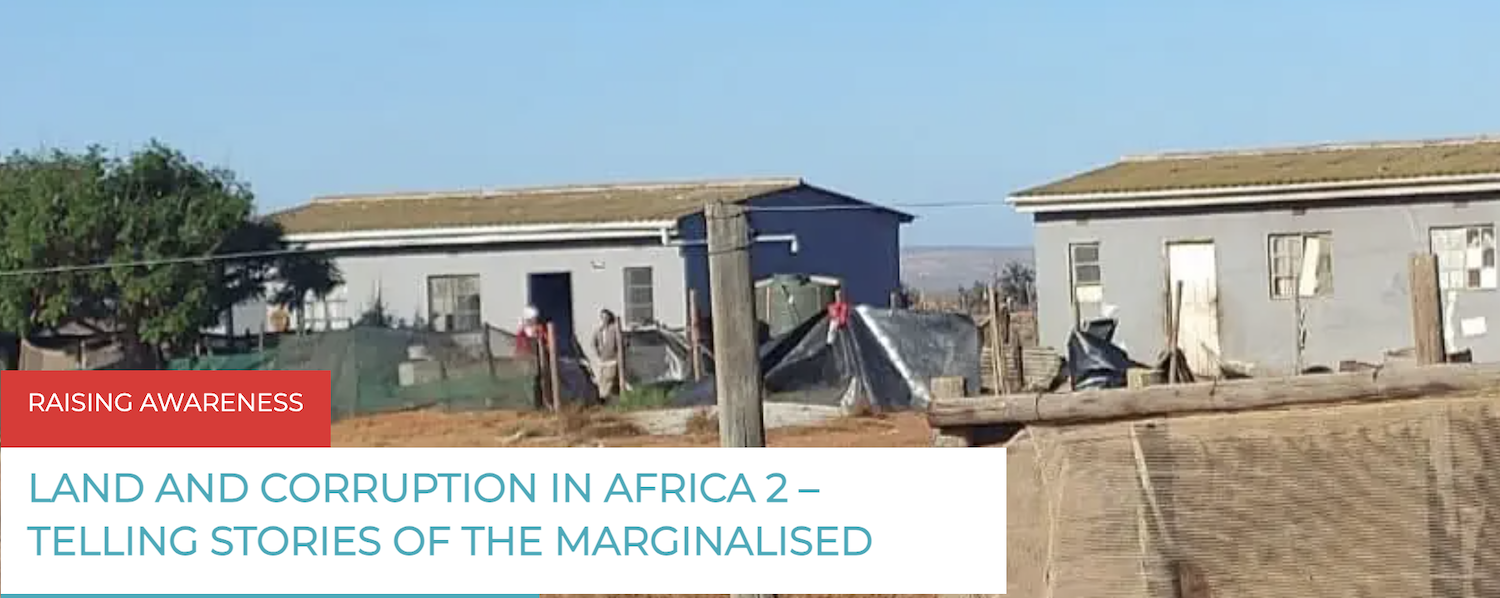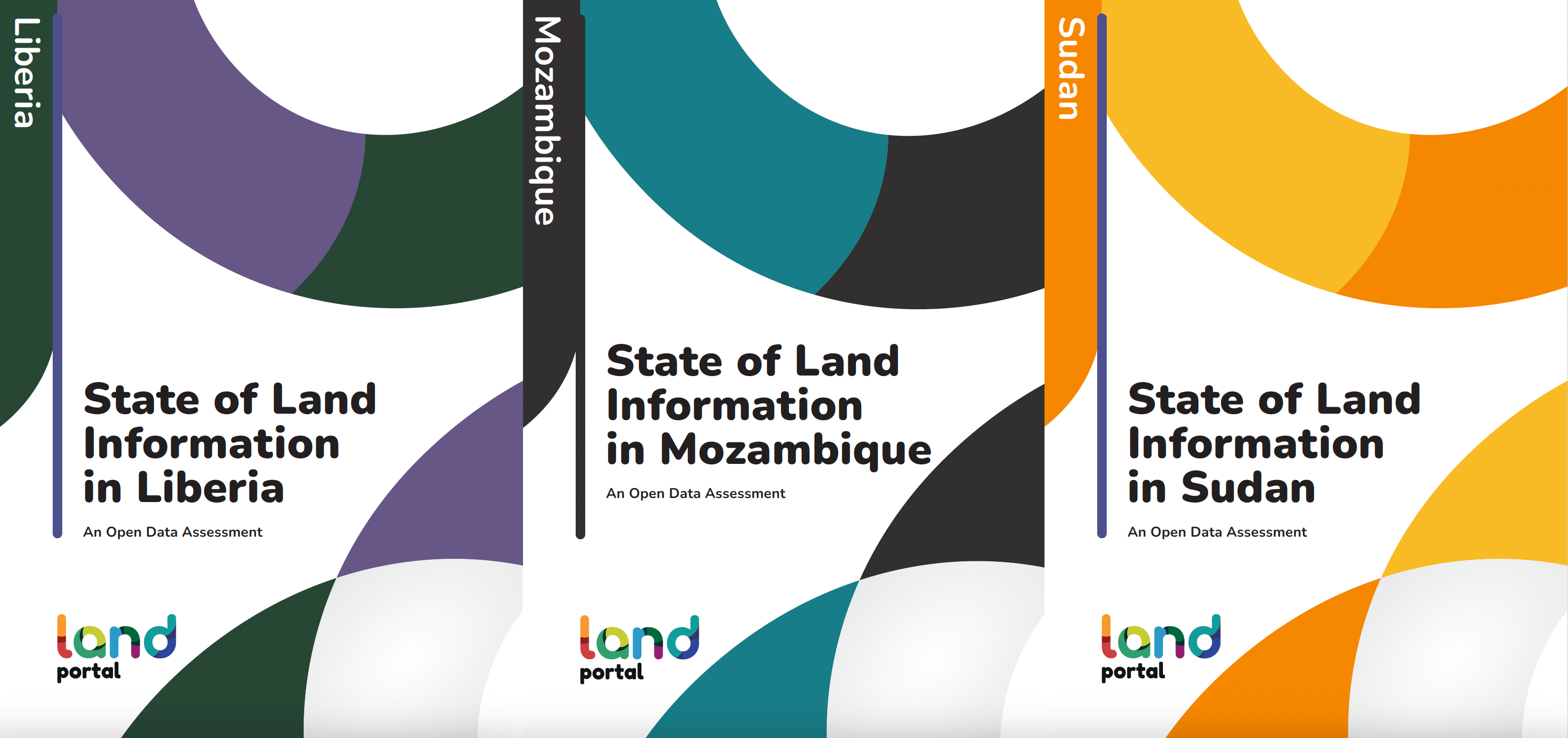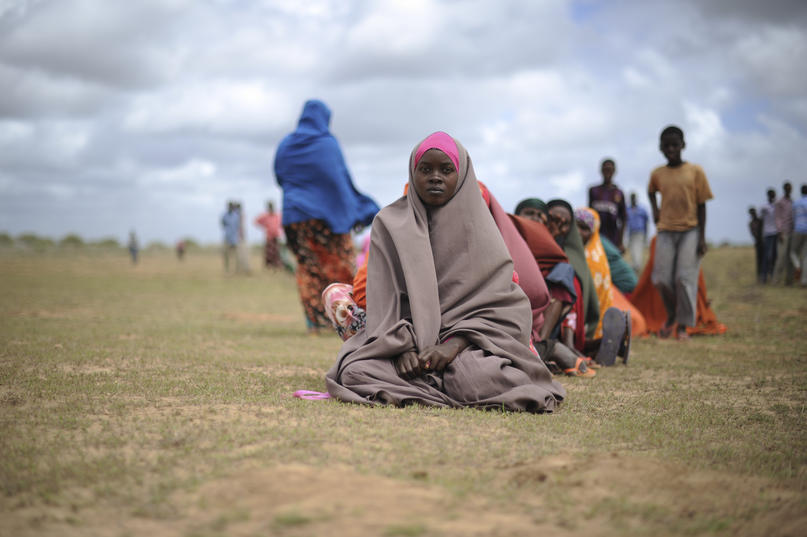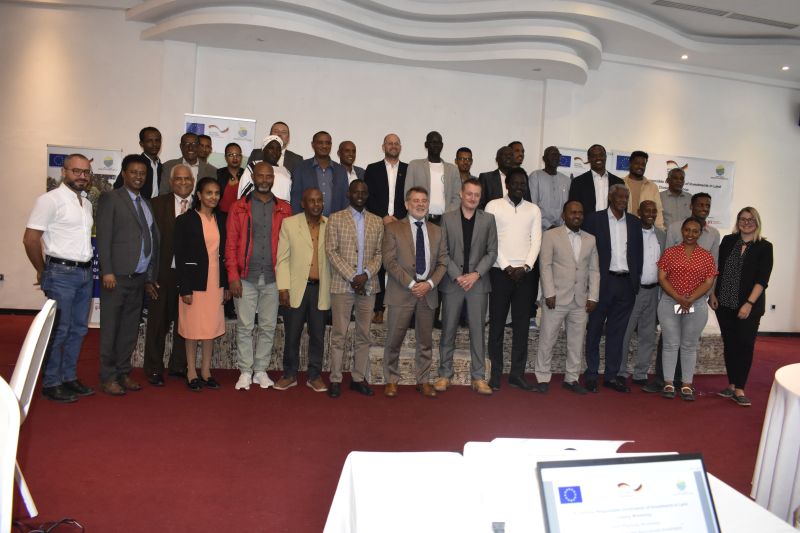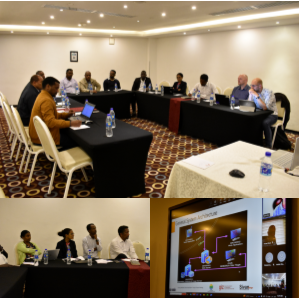News on Land
Get the latest news on land and property rights, brought to you by trusted sources from across the globe.
L’Algérie : Principal Exportateur de Gaz Naturel Liquéfié en Afrique
30 January 2024
En 2023, l’Algérie a démontré d’impressionnantes performances dans le secteur de l’exportation de gaz naturel liquéfié (GNL),
Call for nominations to the Equator Prize 2024 Nominate now!
25 January 2024
This year’s Equator Prize will recognize innovative initiatives that showcase how action on nature, led by Indigenous Peoples and local communities, can provide effective climate solutions, and demonstrate effective pathways to transform our global systems for people and Planet. Winning initiatives will be honored for their successes in protecting, restoring, and/or sustainably managing nature for nature-positive development outcomes.
Call for nominations open for Equator Prize 2024
25 January 2024
The 15th cycle of the Equator Initiative aims to identify innovative approaches and solutions led by Indigenous Peoples and local communities in three categories.
The United Nations Development Programme (UNDP) led Equator Initiative releases a global call for nominations for the Equator Prize 2024. The nominations are open through 26 February 2024.
Land and Corruption in Africa: Telling Stories of the Marginalized
24 January 2024
Land ownership in South Africa is a complex topic, with dozens of laws regulating the purchase, redistribution, and tenure of land, as well as the property rights of landowners. These laws date back decades, through pre- and post-colonial apartheid eras, and they govern different spaces – urban and rural, commercial and residential, peri-urban and farming, and more.
Groundbreaking Reports Detail the State of Land Information in Mozambique, Liberia, and Sudan
23 January 2024
We are proud to announce the release of three State of Land Information reports, which detail the land information status in Mozambique, Liberia, and Sudan. These comprehensive reports provide an in-depth analysis of the current land information systems, legal frameworks, and data accessibility in these countries.
Comment le ministère de l’agriculture gère la pénurie d’eau et l’inflation
14 January 2024
Au regard de la situation actuelle de stress hydrique, les priorités doivent changer. Il est évident que le plus urgent est d’approvisionner les citoyens en eau potable, ensuite vient l’irrigation des terres agricoles. Au Maroc, la part en eau du secteur agricole est en chute libre depuis 2021.
Call for applications: Africa consultancy roster
04 January 2024
Are you passionate about upholding Indigenous Peoples and Local Communities (IP&LC) rights and supporting the protection of forests and biodiversity and the governance of IPLC land and forests in the African continent?
Guidance for Agricultural Investments towards enhanced responsibility
18 December 2023
A project of the German Federal Ministry of Economic Cooperation and Development, co-funded by the EU and implemented through the Gesellschaft für Internationale Zusammenarbeit (GIZ) GmbH has been striving to ensure that investments in land are productive, contribute to sustainable land management, and respect the land access rights and needs of the local population, vulnerable groups and women. After continuous engagement in respective activities, the Responsible Governance of Investments in Land (RGIL) project will phase out by the end of 2023 and is handed over to the government of Ethiopia.
Communications Consultant
15 December 2023
The Land Portal Foundation is seeking Communications Consultant to support promoting, informing and enriching the global debate and practice on key land issues while raising the visibility of national, regional and international partners.
Progressing digitalization in land administration in Ethiopia
08 December 2023
A hybrid closing workshop brought together key stakeholders including GIZ-S2RAI, MoA, consultants, the World Bank representatives among others was held in Addis Ababa to mark the closing workshop of the Application Development.
The MASSREG Mobile App is believed to help revolutionize the land certification process in Ethiopia by enhancing accuracy, efficiency, and data security.


